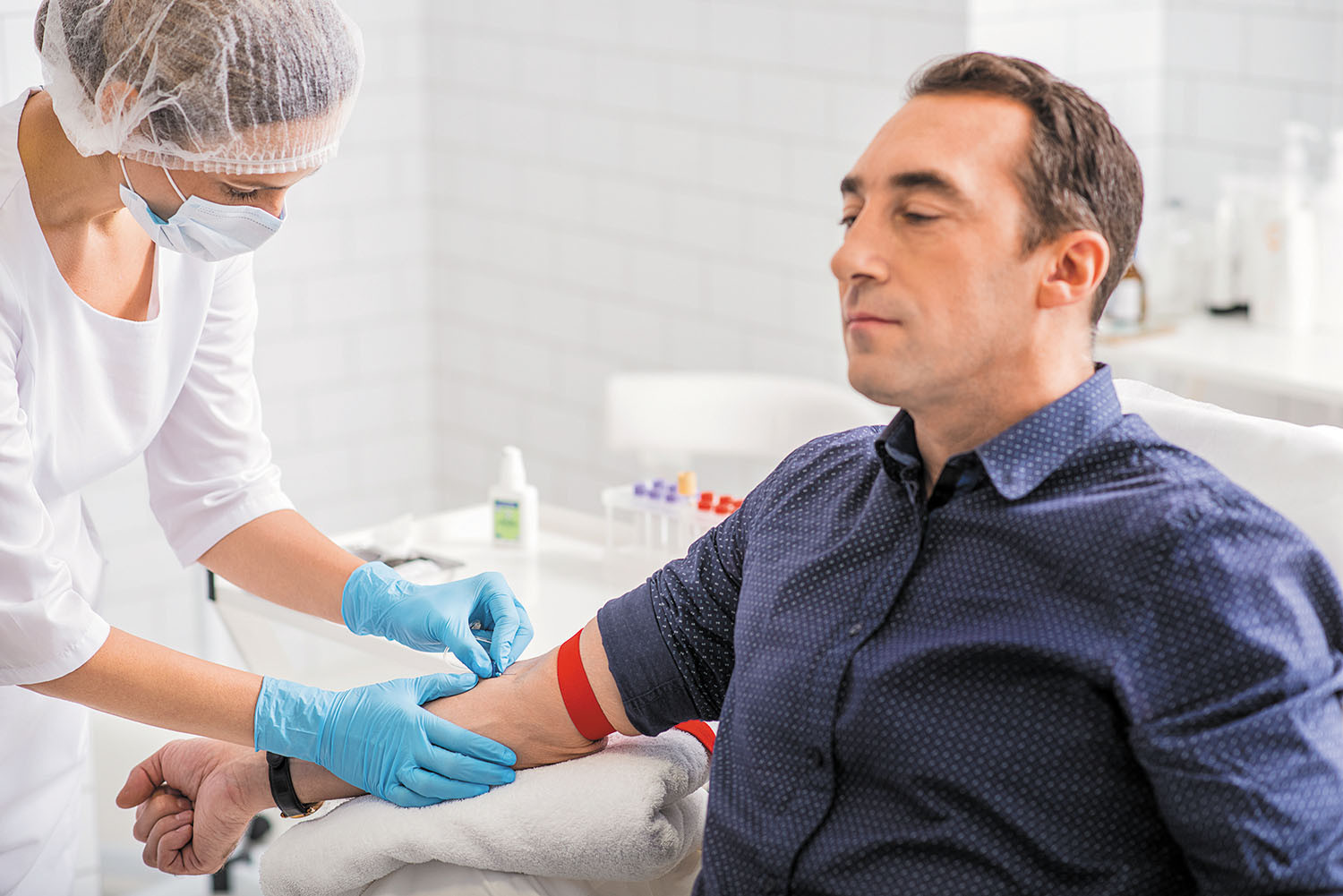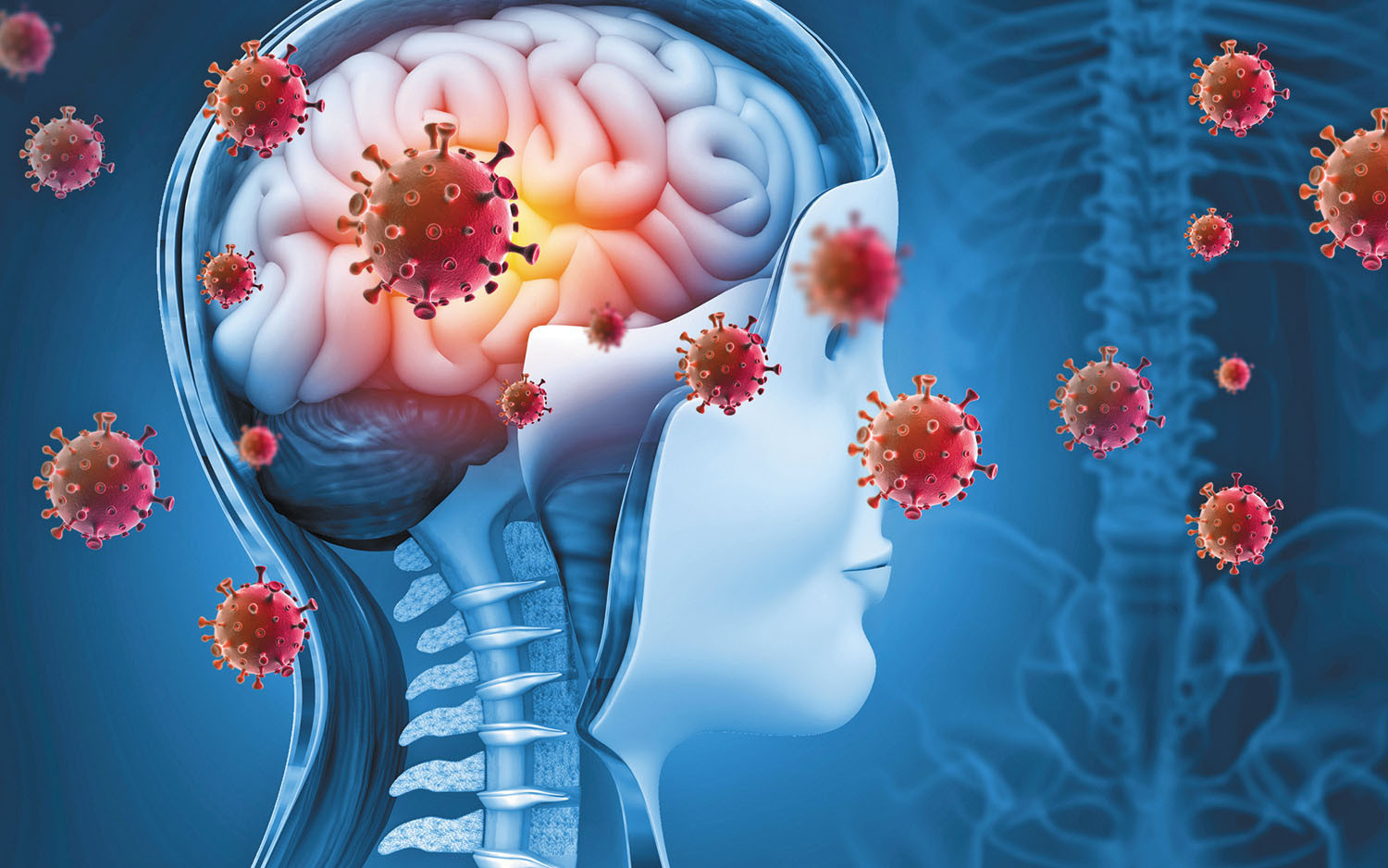Articles
Anxiety overload
Anxiety often brings physical sensations ranging from dry mouth, nausea, or sweaty hands to more severe symptoms such as dizziness, shortness of breath, or a racing heart. Extreme symptoms can manifest as anxiety attacks and cause people to avoid everyday activities. Cognitive behavioral therapy (CBT) is considered the gold standard treatment for extreme anxiety. One common form of CBT involves exposing people to stressful situations to learn how to cope.
Try this: Take a seat.
Regular meditation can lower blood pressure, reduce stress, and improve concentration. Practicing a simple 10-minute mantra-based meditation and observing mindfulness during everyday moments are ideal ways begin a meditation practice.
Hearing aids: Can they help thinking skills, too?A 2022 review of dozens of randomized controlled trials and observational studies found that people who used hearing aids or cochlear implants had a 19% lower risk of cognitive decline, compared with people who didn’t use the devices.
Tips to cope with medical test anxiety.
Some people have anxiety about getting medical tests such as blood work, CT scans, or MRIs. When debating whether to skip a medical test due to fear, a person should get as much information as possible about the test or ask for medication to reduce pain or anxiety associated with the test. During a medical test, it may help to do relaxation exercises or focus on something fun planned for later in the day.
Some people have anxiety about getting medical tests such as blood work, CT scans, or MRIs. When debating whether to skip a medical test due to fear, a person should get as much information as possible about the test or ask for medication to reduce pain or anxiety associated with the test. During a medical test, it may help to do relaxation exercises or focus on something fun planned for later in the day.
Does COVID-19 damage the brain?
COVID-19 can damage the brain in many ways. Initially, it can cause brain inflammation that causes confusion, difficulty concentrating, and memory problems. COVID also can cause new psychological disorders such as depression or anxiety. It can even cause people to see and hear things that aren’t there and to believe things that aren’t true. COVID often damages the brain’s autonomic nervous system, leading to abnormalities in heart rate and blood pressure. Additionally, the virus that causes COVID can infect and injure the lining of blood vessels and make blood clot more easily, which can lead to strokes and heart attacks.
COVID-19 can damage the brain in many ways. Initially, it can cause brain inflammation that causes confusion, difficulty concentrating, and memory problems. COVID also can cause new psychological disorders such as depression or anxiety. It can even cause people to see and hear things that aren’t there and to believe things that aren’t true. COVID often damages the brain’s autonomic nervous system, leading to abnormalities in heart rate and blood pressure. Additionally, the virus that causes COVID can infect and injure the lining of blood vessels and make blood clot more easily, which can lead to strokes and heart attacks.
Want to reduce your risk of dementia?
Dementia occurs more often among older people with higher levels of hearing loss than among those with normal hearing. A new study found that wearing hearing aids reduced the risk for dementia in people who had significant hearing loss.
Dementia occurs more often among older people with higher levels of hearing loss than among those with normal hearing. A new study found that wearing hearing aids reduced the risk for dementia in people who had significant hearing loss.
A mindful way to help manage type 2 diabetes.
Managing the unthinkable
One in 10 Americans ages 65 and older has dementia. The condition is likely to progress slowly, offering couples the opportunity to adopt coping strategies that can smooth their path. Early on, you can consider treatment that may temporarily improve memory and thinking problems. People whose partners have been diagnosed should get informed about dementia, attend doctor’s visits, take over certain tasks, keep routines, update legal documents, and join a support group.
It may not be too late to protect against dementia
You don’t say? The smell of love
Pheromones, the "love chemical," are produced by many animals and insects to attract the opposite sex. It’s possible that humans also may make and process pheromones through vomeronasal organs in our noses
Pheromones, the "love chemical," are produced by many animals and insects to attract the opposite sex. It’s possible that humans also may make and process pheromones through vomeronasal organs in our noses










Good job ...keep it up
ReplyDelete